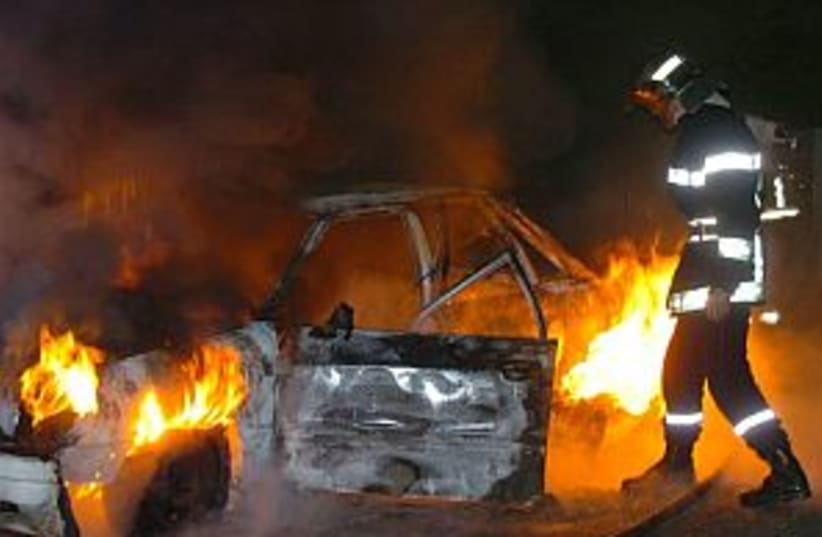| More about: | France, Charles de Gaulle, Georges Pompidou, Nicolas Sarkozy |
France faces 'moment of truth,'
Government declares state of emergency, reaches out to angry youths.


| More about: | France, Charles de Gaulle, Georges Pompidou, Nicolas Sarkozy |